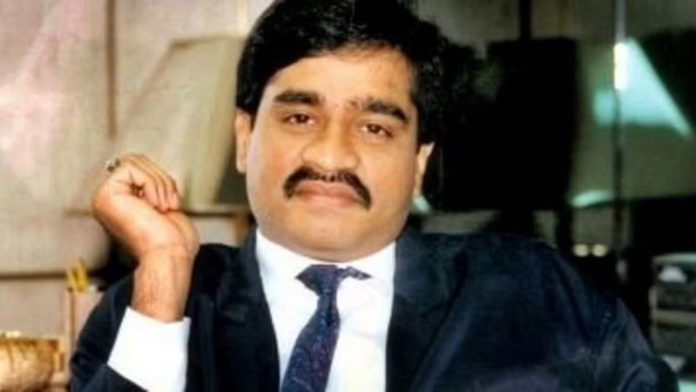Does the Indian government kill terrorists or suspected terrorists abroad? If we do, then we will not be the only ones.
The US is the most open about its policies. Former President Barack Obama had a ‘kill list’ of terrorists whose executions (commando raids, drone attacks, missile strikes, etc.) he formally approved. Israel is proud of its reputation for tracking down and assassinating anyone who plans terror attacks on its citizens. The UK has been accused of killing off Irish terrorists. Russian President Vladimir Putin has turned assassination into a cosy little cottage industry.
In recent weeks, the question of political assassinations has been in the news after Canada accused India of killing Hardeep Singh Nijjar, a Canadian Khalistani, and then the US said it was investigating India’s involvement in an attempt to assassinate Gurpatwant Singh Pannun, another Khalistani with dual US-Canada citizenship. According to the Americans, the foiled attempt to kill Pannun took place on US soil.
Trudeau’s ire & US’ charges
Both allegations have been handled differently. In Nijjar’s case, Canadian Prime Minister Justin Trudeau went public with the allegation and then acted as though the charges were proven. Canada expelled Indian diplomat Pavan Kumar Rai, accusing him of being a R&AW officer involved in the assassination.
This was a strategically disastrous move—perhaps prompted by Trudeau’s ire following his humiliating trip to New Delhi for the G20 summit or simply by his desire to please the Khalistani elements who support his government. It made it obligatory for India to respond strongly. The diplomatic row that ensued still has to be resolved.
Canada has yet to publicly provide any proof of the charges despite India’s constant demands for evidence. One theory is that the Canadian evidence consists of surveillance intercepts passed on to Ottawa by the US as part of the Five Eyes intelligence. Such intercepts cannot, by general agreement, be made public. And in any case, the US does not want the details of the surveillance it conducts to be revealed. As of now, it seems probable that the Canadians have no convincing evidence of their own.
In Pannun’s case, the US communicated its concern to India privately. Nobody was expelled. No public allegations were made. India has responded with vague but generally conciliatory statements saying that it is examining the issue.
Until it can be demonstrated that India was involved in either case, we are obliged to accept the Indian government’s position that the charges are just unsubstantiated.
But here’s the thing: even if Canada or the US were to provide video footage of Indian operatives gunning for Nijjar or Pannun, it would make no difference to domestic public opinion. Indians have suffered so much from terrorism over the last two decades that the idea of bumping off terrorists has wide public support. Even if we did not kill Nijjar, we should have—that’s the general sentiment.
Westerners find this view a little shocking. But frankly, it should surprise nobody. That is precisely the view of most Americans about their own enemies. Israeli popular culture is full of stories about Mossad agents hunting down Arab terrorists. Even the UK has James Bond as its most popular fictional hero who is ‘licensed to kill’ while ‘on Her Majesty’s secret service.’ (I guess it will be ‘His Majesty’ by the time the next movie comes out.)
Worse still, it is hard for the West to criticise India at a time when American and European governments are justifying the killing of thousands of civilians, including women and children, in Gaza on the grounds that these killings are tragic but inevitable consequences of the battle against terrorism. Suggestions that Israel may have violated international law are simply brushed aside.
The fight against terror is full of such moral grey areas and double standards. All we are left with are hard, practical questions. And it’s time to ask them.

































